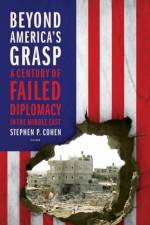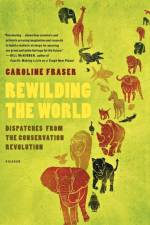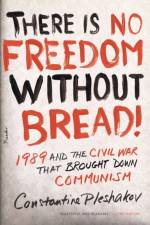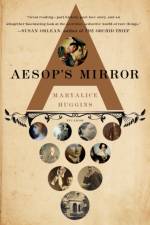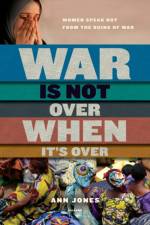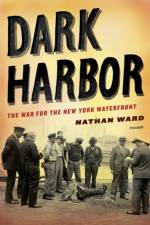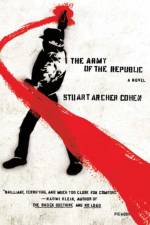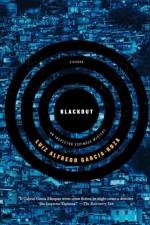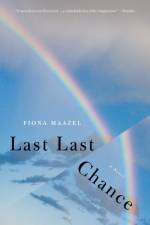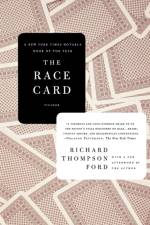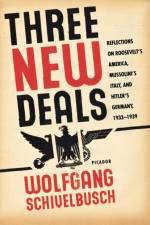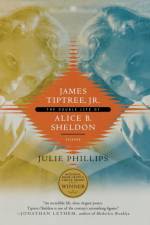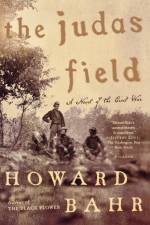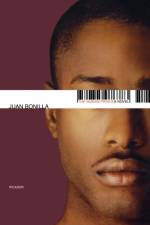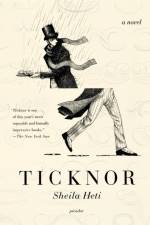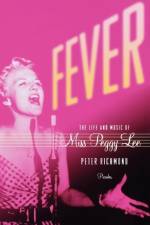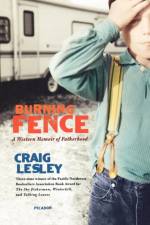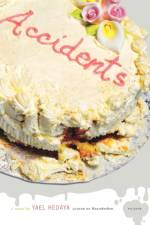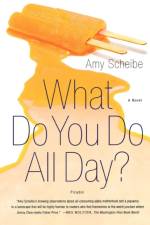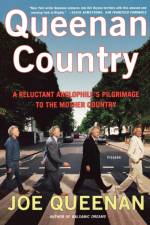- Reflections on Roosevelt's America, Mussolini's Italy, and Hitler's Germany, 1933-1939
av Wolfgang Schivelbusch
249
From a world-renowned cultural historian, an original look at the hidden commonalities among Fascism, Nazism, and the New DealToday Franklin Delano Roosevelt's New Deal is regarded as the democratic ideal, the positive American response to an economic crisis that propelled Germany and Italy toward Fascism. Yet in the 1930s, shocking as it may seem, these regimes were hardly considered antithetical. Now, Wolfgang Schivelbusch investigates the shared elements of these three "new deals" to offer a striking explanation for the popularity of Europe's totalitarian systems. Returning to the Depression, Schivelbusch traces the emergence of a new type of state: bolstered by mass propaganda, led by a charismatic figure, and projecting stability and power. He uncovers stunning similarities among the three regimes: the symbolic importance of gigantic public works programs like the TVA dams and the German autobahn, which not only put people back to work but embodied the state's authority; the seductive persuasiveness of Roosevelt's fireside chats and Mussolini's radio talks; the vogue for monumental architecture stamped on Washington, as on Berlin; and the omnipresent banners enlisting citizens as loyal followers of the state.Far from equating Roosevelt, Hitler, and Mussolini or minimizing their acute differences, Schivelbusch proposes that the populist and paternalist qualities common to their states hold the key to the puzzling allegiance once granted to Europe's most tyrannical regimes.

